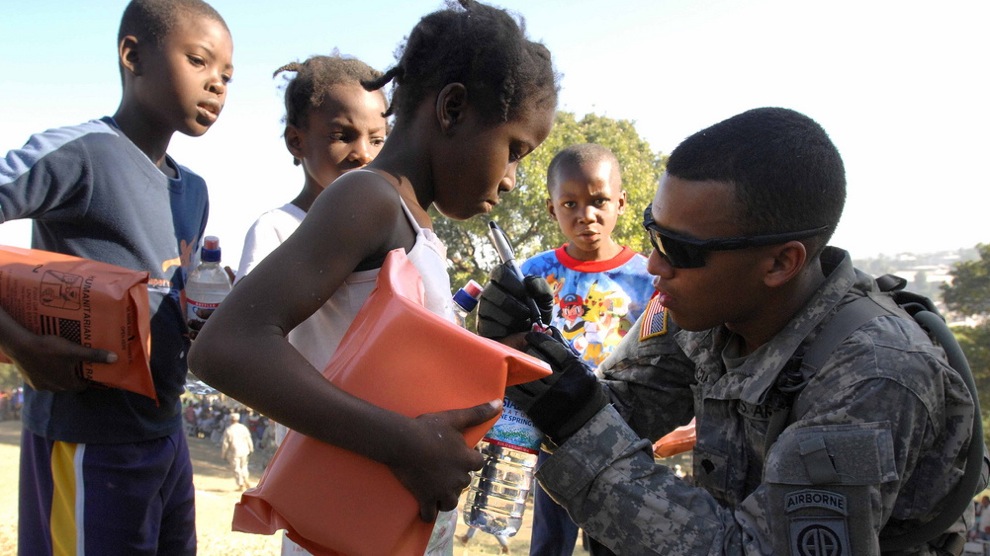
Blog, Latin America: Week in Review, Mexico, North America
Dozens of Dogs Killed in Mexico at Hands of “Mataperros”
April 3, 2015 By Staff
Top Story — At least 64 dogs in the northern Mexican city of Hermosillo have been killed by the same poison in a crime that has shocked the city of some 800,000 people, according to The Associated Press.
City authorities say that many more dogs have likely been killed by a man the local media has named “Mataperros” (“The Dog Killer”), who has apparently used either an insecticide or rat poison wrapped in meat to methodically kill domestic dogs in Hermosillo. The systematic killings were first noticed in mid-March, when authorities began to find an unusually high number of dead dogs on the streets.
An anonymous radio caller has confessed to committing the killings with accomplices, complaining about dog bites and loose dogs. Some have questioned the veracity of the call, however, due to the fact that the focus of the attacks has not been stray dogs but domestic dogs killed inside the gates and homes of city residents.
Although killing a dog is not a serious offense in Mexico, the culprit has thrown poison into private yards and patios, which is seen as both trespassing and endangering the lives of the homes’ residents.
The outcry over the killings has made its way to the United States, where Los Angeles-based Mexican actor Raul Julia-Levy has offered a $10,000 reward for anyone with information leading to arrests. “When have you heard of anything like this?” he said. “We know there are serial killers of humans, but we’ve never heard of a serial killer of dogs.”
Headlines from the Western Hemisphere
North America
- Mexico City has suffered some $24 million in expenses to accommodate the filming of the latest James Bond film, an embarrassing revelation in the context of another alleged $20 million spent on tax incentives in an effort to entice the production company to come to the country.
- Reporting in the aftermath of U.S. Senator Robert Menendez’s indictment on corruption charges highlights how he continues to marshal support, including among those appreciative of his stance on a more liberalized U.S. immigration policy.
Caribbean
- The U.S.-based service Airbnb, which allows users to convert their own homes into hotel rooms, has launched in Cuba, further evidence of liberalization in a strictly-regulated economy where private, small-scale hotels are a common form of entrepreneurship.
Central America
- A group of Guatemalans has sued several U.S. entities, including the Johns Hopkins University, for their alleged role in invasive human testing in the ‘40s and ‘50s, which the plaintiffs say exposed subjects to sexuallty-transmitted infections.
Andes
- Bolivian President Evo Morales pledged $617.9 million over three years to the development of an industrial scheme to mine lithium and potassium in the area surrounding the Uyuni Salt Flat.
- A short film about the life and work of a man who spent fifty years hiking Mount Chimborazo, Ecuador’s tallest mountain, to harvest glacial ice, is hosted by The New York Times website.
Southern Cone
- Residents of the Complexo do Alemão — a cluster of shanty-towns in Rio de Janeiro, Brazil — protested the death of a 10-year-old who was shot in front of his house on Thursday allegedly by a police officer, who the mother of the deceased said made threats to her after killing her son.
- On the 33rd anniversary of the start of the Falklands War between Argentina and the United Kingdom, Argentinian officials announced that they will prosecute British oil companies for drilling illegally around the islands, while President Cristina Fernández ordered the defense ministry to declassify the files related to the war.
Image: Pmoroni, CC BY-SA 2.0
Subscribe to Today in Latin America by Email





